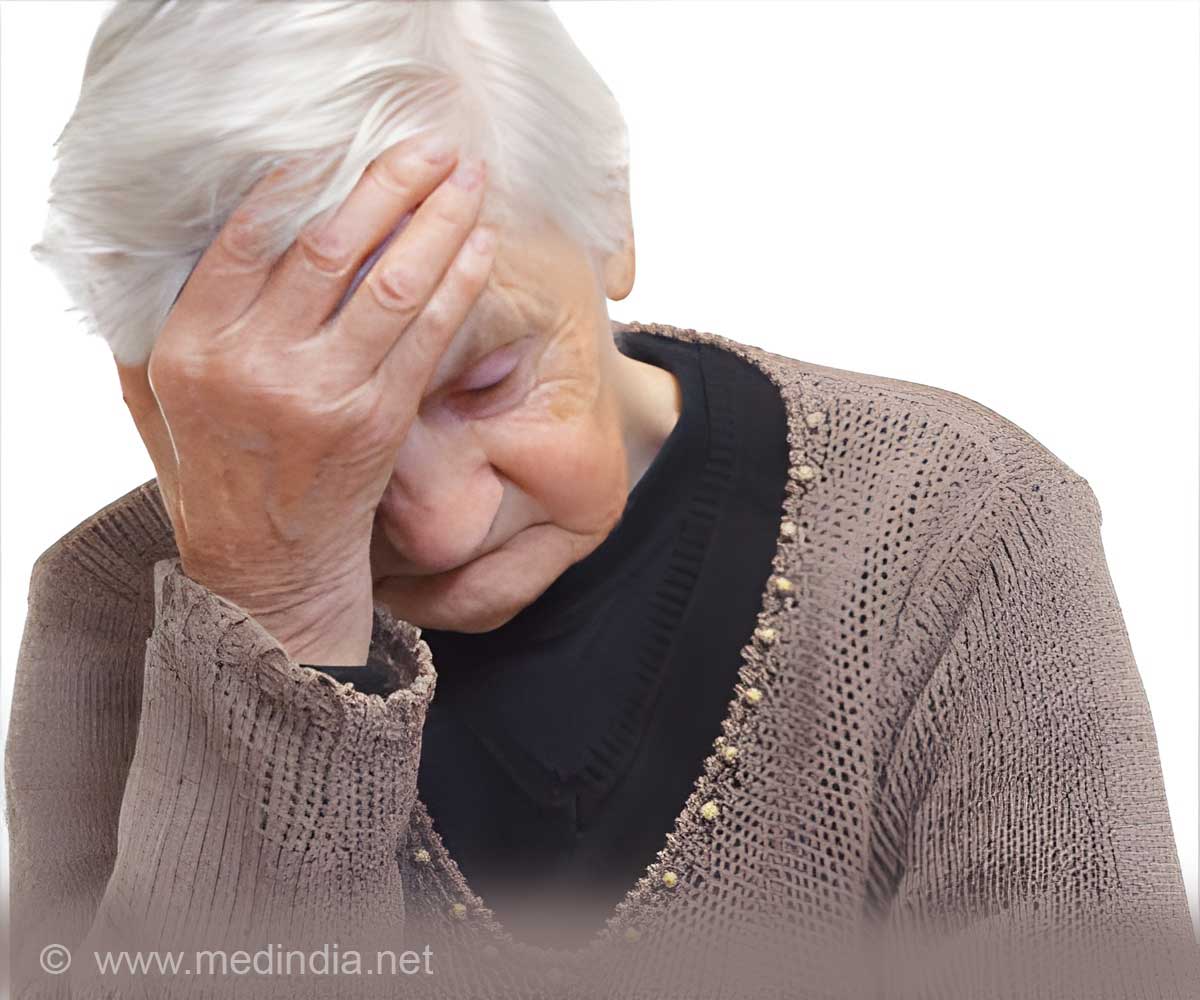New study done on the implications of mental health issues in women with breast cancer concludes higher opioid use and reduced survival rates.

‘Doctors should manage mental health issues in breast cancer patients promptly. There is a need to consider alternative therapies like physical therapy, massage and acupuncture.’
Read More..




Breast Cancer and Opioids Read More..
Breast cancer kills more than 40,000 people in the United States each year, and patients often suffer from anxiety and depression. Research suggests that about 40 percent of patients with breast cancer have some type of mental health diagnosis.
Balkrishnan and his team set out to shed light on the relationship among mental health, opioid use and breast cancer outcomes. To do that, they reviewed more than 10,000 breast cancer cases recorded in the national SEER cancer database, which contains detailed (but depersonalized) information on care provided to Medicare beneficiaries with cancer.
These cases consisted of women aged 65 years and older who were diagnosed with stage I, II or III breast cancer between Jan. 1, 2006, and Dec. 31, 2012. All received adjuvant endocrine therapy as treatment.
The researchers sorted the cases into two groups: women with mental health diagnoses and those without. They found that those with mental health diagnoses had higher opioid use and lower survival rates.
Advertisement
The researchers, including UVA palliative care expert Leslie Blackhall, MD, recommend that doctors and other care providers consider "complementary forms of treatment for pain," such as physical therapy, cognitive behavioral therapy, acupuncture, acupressure and massage.
Advertisement
The researchers have published their findings in the Journal of Oncology Practice. In addition to Balkrishnan and Blackhall, the study's authors were Raj Desai, of the University of Florida; Fabian Camacho of the UVA School of Medicine; Xi Tan of West Virginia University; and Virginia LeBaron, of the UVA School of Nursing.
The researchers noted potential limitations to their study such as a lack of information on the opioids used and a lack of details on the patients' pain assessments. They also suggest that mental health conditions such as depression may be underdiagnosed and that, as a result, the research may underestimate the percentage of patients with those conditions.
Tan disclosed potential conflicts of interest including owning stock in and receiving compensation from biopharmaceutical company Merck. Balkrishnan disclosed that he has done consulting or advising for Merck.
Source-Eurekalert












